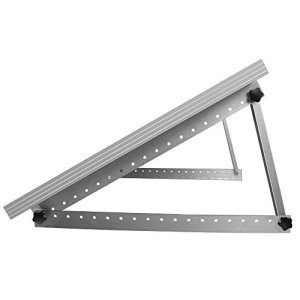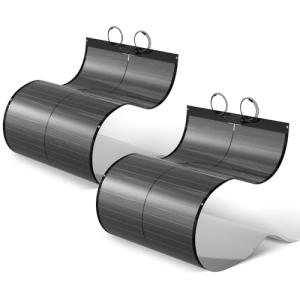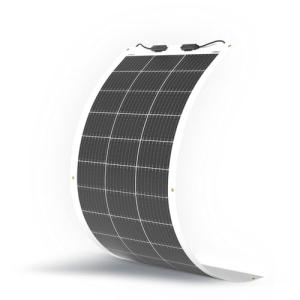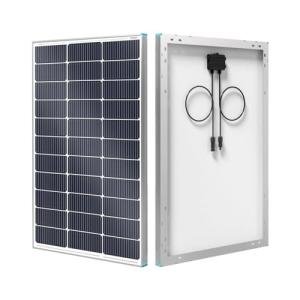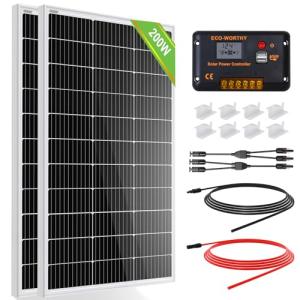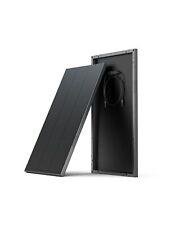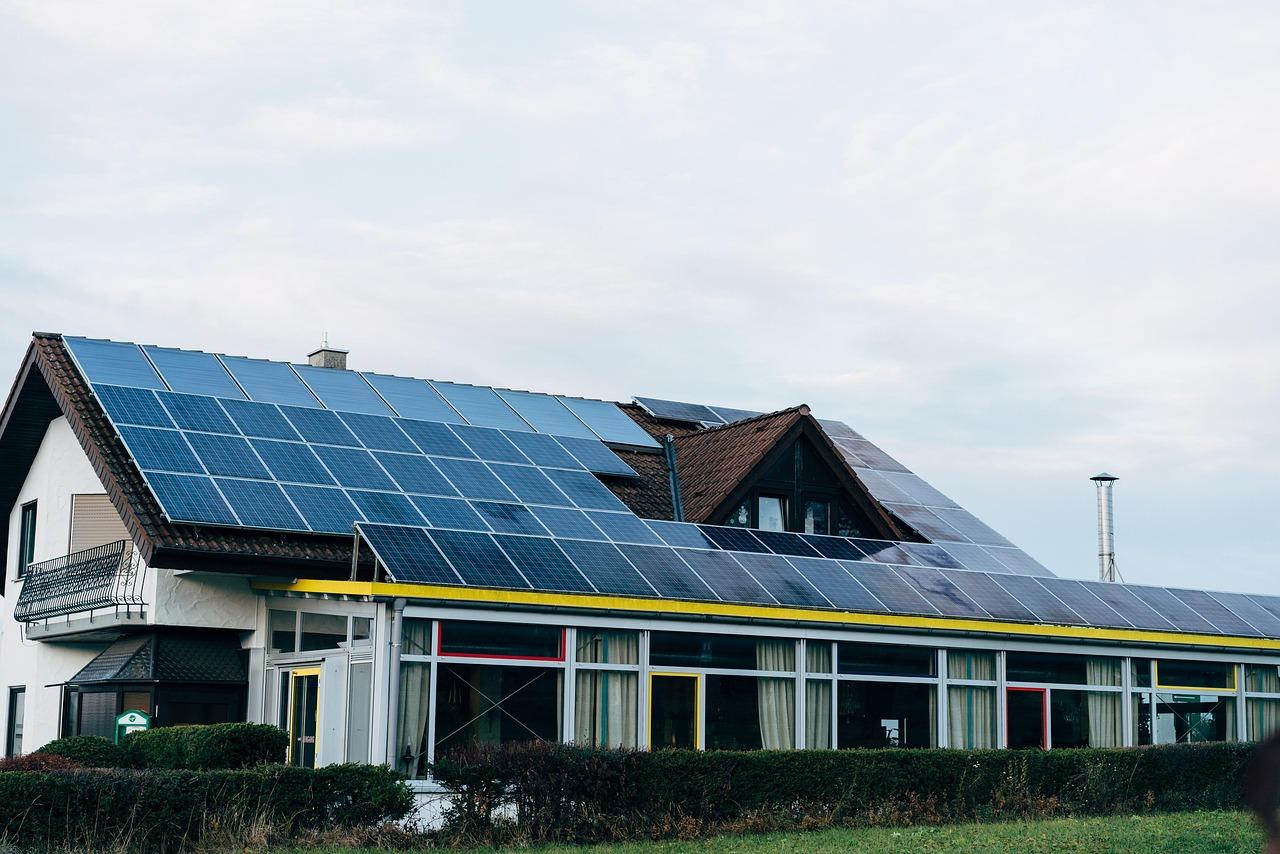First, think about your energy needs. Check your past electricity bills to see how much energy you use each month. This information helps you determine the size of the system you need. If you're thinking of adding energy-hungry devices, like an electric car charger, plan for that, too.
Next, look at solar panel efficiency. This tells you how much sunlight the panel can convert into electricity. Higher efficiency panels generate more power in less space, which is handy if your roof isn’t huge. Brands may give different warranties, so consider those as well—it's a good idea to stick with panels that offer solid long-term protection.
Installation costs can vary widely. Get quotes from a few local installers and inquire about their experience. Don’t forget about any available incentives or rebates! These can lower your costs and make your investment easier on the wallet.
Lastly, consider the aesthetics. You likely want your home to look great with those solar panels up there. Some panels blend in better than others, so check out your options. A great-looking installation can boost your property value while also helping the environment. Jumping into home solar panel systems is easier than ever when you know what to look for!
Understanding Solar Panel Installation Options
When it comes to Home Solar Panel Systems, choosing the right installation option is key to maximizing your energy savings and making the most of your space. You generally have a few options to consider, and they all come with their own perks. Let’s break it down!
First off, you can go with roof-mounted panels. This is by far the most common choice. Roof panels save your yard space, and they’re usually out of the way, so you don’t have to worry about them affecting your landscaping. Plus, they get plenty of sunlight, which is exactly what you want to power your home.
If roof space is limited or your roof isn't a good fit for panels, ground-mounted systems are a solid alternative. This option involves installing panels on the ground, typically in your backyard. Ground mounts are easier to access for maintenance and can be adjusted to the best angle for maximum sun exposure. Just make sure you have enough space!
Another option to consider is a solar carport. If you’ve got a lot of vehicles or live in an area with strict zoning laws, this could be a win-win. A carport serves a dual purpose by providing shelter for your car and housing solar panels on top. It’s a clever way to save space while still generating clean energy.
Each of these Home Solar Panel Systems options has its own benefits, so think about what works best for your home and lifestyle. Whichever route you choose, going solar can help cut your energy bills significantly and make your home eco-friendlier!
Renogy 28-Inch Adjustable Solar Panel Mount Brackets
Easily secure your solar panels with these versatile and sturdy mounting brackets
Product information
€61.57
Product Review Score
4.91 out of 5 stars
36 reviewsProduct links
Maximizing Your Home’s Energy Savings
First off, pick the right solar panel system for your needs. There’s no one-size-fits-all here. Look at your home’s energy consumption and consider your budget. Are you a family that uses a lot of power, or do you keep it minimal? Also, think about the spacing available for installation. Smaller roofs might need a different approach compared to sprawling spaces.
Once you've got the system in place, keep an eye on your energy usage. Tools and apps can help you track your savings and show when your solar is making the most impact. Many homeowners find that running appliances during the day when the sun is shining gets them the best bang for their buck. Shift your laundry or dishwashing to those sunny hours, and watch your savings grow.
Don’t forget about maintenance! Keeping your panels clean and unobstructed makes a big difference. Give them a good wash a couple of times a year and check for any debris or shading that could block sunlight. It’s a small effort that pays off big time in efficiency.
Lastly, explore state incentives and tax credits for installing Home Solar Panel Systems. These can significantly lower your initial investment and help you save money faster. Local programs might also offer rebates or financing options that make going solar even more affordable.
BougeRV 400W Flexible CIGS Solar Panels - 2 Pack
Maximize your energy efficiency with lightweight and versatile solar solutions perfect for any outdoor adventure
Product information
€947.58
Product Review Score
4.09 out of 5 stars
159 reviewsProduct links
Maintaining Your Solar Panel System with Ease
Taking care of your Home Solar Panel Systems doesn’t have to be a hassle. With just a few simple steps, you can keep everything running smoothly and efficiently. Most of the time, a little bit of routine maintenance is all it takes to ensure that your system is performing at its best.
First off, keep an eye on your panels. Give them a quick clean every few months, especially if you notice dirt, leaves, or other debris building up. A soft cloth or sponge and some water should do the trick. If you're in a particularly dusty area, consider washing the panels more often. Just remember to shut off your system first for safety!
Next, check the inverter. This is the brain of your Home Solar Panel Systems, converting sunlight into usable electricity. Look for warning lights or indicators that show something might be off. If you see anything strange, don’t hesitate to check the manual or give a professional a call.
Lastly, keep track of your energy production. Many systems come with monitoring apps that let you see how much energy you're generating. Regularly checking this can help you spot any issues early on. It’s like keeping tabs on your home’s health, and it helps you make the most of your solar investment.

